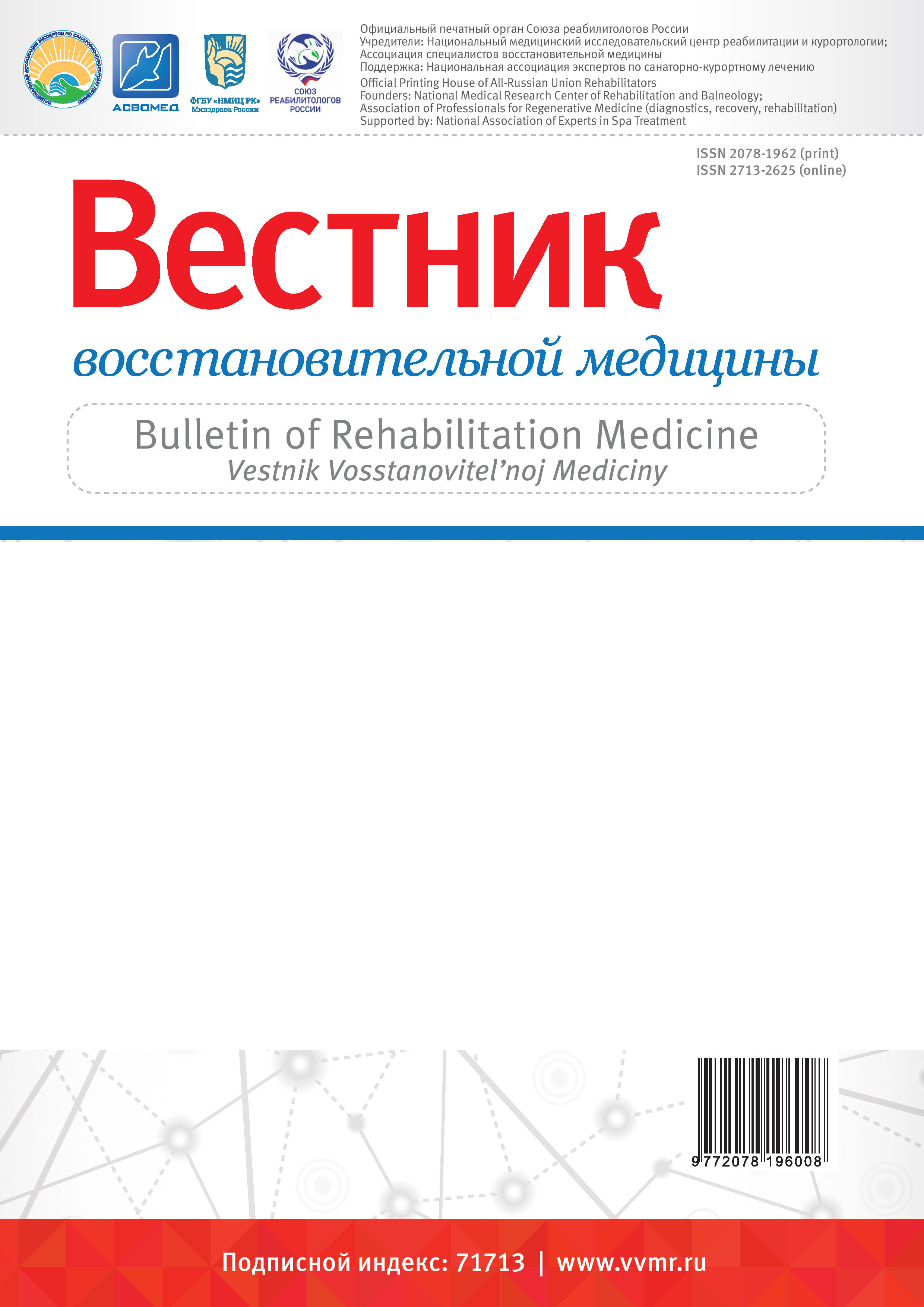Introduction. Oncological diseases take the second place in the world in mortality rate after cardiovascular pathology. The development of the tumor is accompanied by the appearance and accumulation of a number of pathological metabolites. At the same time, it is worth noting that the expansion of indications for the use of surgical methods of treatment, as well as an increase in the range of medicated antitumor drugs, especially against the background of combination therapy, is still accompanied by aggressive effects on the patient's body. Thus, the consequences of radiation and chemotherapy are quite significant and consist of the cumulation of cytotoxic drugs that are toxic not only for tumor cells, but also for other tissue structures of the body. In this connection, intensive therapy of endogenous intoxication in case of tumor lesions is one of the complex interdisciplinary problems, in which should participate surgeons, resuscitators, pathophysiologists, transfusiologists. Purpose. Analysis of literature data on the use of plasmapheresis as an effective component of rehabilitation measures from the point of view of pathophysiology in cancer patients. Conclusion. Considering the possibility of using extracorporeal detoxification methods in the treatment and rehabilitation of cancer patients, it should be noted that, against the background of chemotherapy and / or radiation therapy, plasmapheresis is one of the most common indications for use. Positive responses after plasmapheresis have been reported in patients with carcinoma of the lung, colon and breast. In addition, there are reports of the effectiveness of the method in patients with melanoma, head and neck tumors, lymphomas, leukemia and Kaposi’s sarcoma with acquired immunodeficiency. However, there is currently a limited number of studies aimed at the effectiveness of the use of extracorporeal detoxification in the complex treatment of cancer patients.
plasmapheresis, oncology, cancer rehabilitation
1. Bray F., Ferlay J., Soerjomataram I., Siegel R.L., Torre L.A., Jemal A. Global Cancer Statistics 2018: GLOBOCAN estimates of incidence and mortality worldwide for 36 cancers in 185 countries. CA: A Cancer Journal for Clinicians, in press. The online GLOBOCAN, 2018.
2. Rampling M.W. Red cell aggregation and yield stress. In Clinical Blood Rheology; Lowe GDO, Ed., CRC Press, Inc.: Florida. 1988: 45-64.
3. Baskurt O.K., Meiselman H.J. Erythrocyte aggregation: basic aspects and clinical importance. Clinical Hemorheology and Microcirculation. 2012; (53): 23-37.
4. Malahova M.Ya. Endogennaya intoksikaciya kak otrazhenie kompensatornoy perestroyki obmennyh processov v organizme. Efferentnaya terapiya. 2000; (6-4): 3-14.
5. Gromova E.G. Ekstrakorporal'nye metody detoksikacii v komplekse intensivnoy terapii onkologicheskih bol'nyh: dis. doktora med. nauk: M. 2004: 254 s.
6. Rozhkov A.G., Karandin V.I. Efferentnaya terapiya v hirurgicheskoy klinike. M.: Miklosh. 2010: 256 s.
7. Voinov V.A., Kalinin N.N. Plazmaferez u onkologicheskih bol'nyh na fone himioterapii. Klinicheskoe primenenie ekstrakorporal'nyh metodov lecheniya. M.: Trekpor Tehnolodzhi. 2009: 116-117.
8. Anisimova N.Yu. Patogeneticheskoe obosnovanie primeneniya ekstrakorporal'noy detoksikacii u onkologicheskih bol'nyh s sepsisom: dis… doktora biolog. nauk: M. 2013: 332 s.
9. Roytberg G.E., Tyul'kina E.E., Dorosh Zh.V., Filatov R.E., Anikeeva O.Yu. Organizaciya mul'tidisciplinarnoy reabilitacii pacientov onkologicheskogo profilya. Vestnik vosstanovitel'noy mediciny. 2019; 5(93): 14-20.
10. Solopova A.G., Vlasina A.Yu., Idrisova L.E., Moskvicheva V.S., Bazhanov S.A. Reabilitaciya onkoginekologicheskih bol'nyh: aktual'nye problemy i vozmozhnye resheniya. Vestnik vosstanovitel'noy mediciny. 2019; 5(93): 87-96.
11. Gigineyshvili G.R., Kotenko N.V., Lanberg O.A. Primenenie art-psihoterapii u zhenschin posle mastektomii po povodu raka molochnoy zhelezy. Vestnik vosstanovitel'noy mediciny. 2019; 6(94): 22-26.
12. Sidorov D.B., Grushina T.I. Effektivnost' primeneniya preformirovannyh fizicheskih faktorov i podkozhnoy hirurgicheskoy korrekcii v reabilitacii bol'nyh rakom molochnoy zhelezy s pozdney limfedemoy verhney konechnosti. Vestnik vosstanovitel'noy mediciny. 2019; 6(94): 39-44.
13. Yu X., Gan L., Wang Z., et al. Chemotherapy with or without plasmapheresis in acute renal failure due to multiple myeloma: a meta-analysis. International Journal of Clinical Pharmacology and Therapeutics. 2015; 53(5): 391-397.
14. Premuzic V., Batinic J., Roncevic P., et al. Role of Plasmapheresis in the Management of Acute Kidney Injury in Patients With Multiple Myeloma: Should We Abandon It? Therapeutic Apheresis and Dialysis. 2018; 22(1): 79-86.
15. Clark W.F., Garg A.X. Plasma exchange for myeloma kidney: cast(s) away. Kidney International. 2008; 73(11): 1211-3. DOI:https://doi.org/10.1038/ki.2008.117.
16. Johnson W.J., Kyle R.A., Pineda A.A., O'Brien P.C., Holley K.E. Treatment of renal failure associated with multiple myeloma. Plasmapheresis, hemodialysis, and chemotherapy. Archives of Internal Medicine. 1990; 150(4): 863-869.





